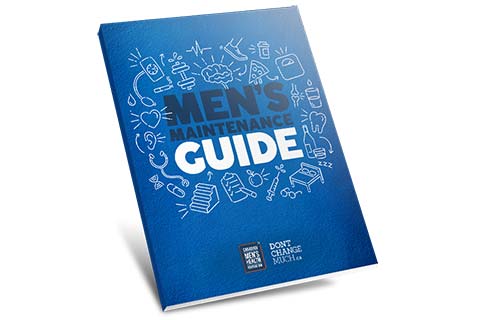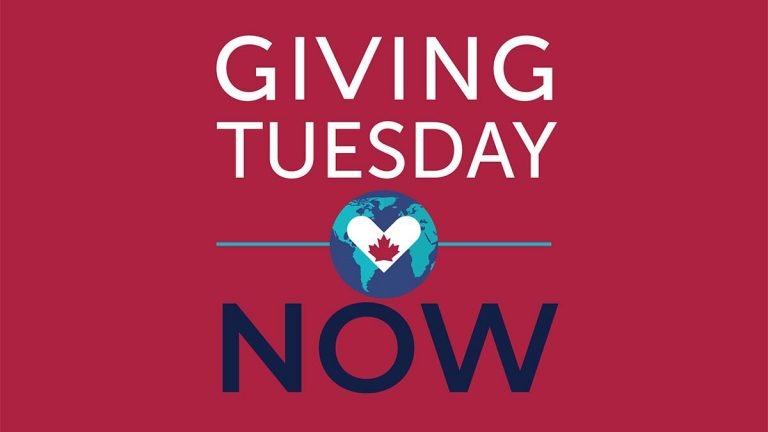A checkup is a guy’s first step in building a record about his health. It’s the starting point for tracking your overall health and well-being.
Where do I go for my checkup?
If you have a doctor, then that’s where you go. If you don’t, then you need to get resourceful and find a one. This can be done by asking friends about their doctors or going online and searching for doctors taking new patients. No doctor, try a walk-in-clinic, but phone them first and tell them you want a checkup. Or you can go online and search for medical clinics that perform check-ups.
At what age should I go for my checkup?
Anytime! It doesn’t matter if you are 20, 30, 40 or 50. If you have not seen a doctor before, now is a good time to develop a trusting relationship with one for your health now and in the future. And guys, a word of advice: Don’t wait for something to go wrong first before seeing a doctor. When that happens you need to start from square one, and that gets frustrating when all you do is want to get better.
Do I need an appointment?
Yes. Call your doctor’s office to make an appointment or call your nearest walk in medical centre to let them know you would like a checkup.
What should I say during my visit with the doctor for my checkup?
This is your chance to ask any questions that you have about your health. You can talk about your family health history, your family jewels, if you are worried about going bald, your testosterone levels, your sexual activity, that weird mole on your back that you have always wondered about, what’s going on in your head, stress stuff, or any symptoms you might be feeling. Doctors have heard every health question possible so fire away because no question is off limits.
How long will the checkup take?
Your visit with the doctor will take about 30 minutes.
Why should I get a checkup?
The purpose of your annual visit is to look and test for medical issues, encourage you to eat healthy and be active, and to update your vaccinations. If you’re a dad, then your checkup is as much for you as it is for your family — they need you to be healthy and it sets a great example.
Can I bring my spouse or someone with me?
Guys, feel comfortable to bring your spouse, if you feel that person can communicate better to the doctor on your behalf, or you just want a second set of ears to listen.
Who will see the results from my checkup?
The doctor and you. Your medical record is 100% confidential.
What happens during checkup?
Things have changed, doctors no longer do “physical exams” and the checkup varies depending on the age of the man. “A doctor used to examine every part of your body, listen to your heart and lungs, feel your belly, and check your reflexes, but this ‘full physical’ is no longer beneficial,” said Dr. Sean Skeldon, who is a family physician in Toronto. “Nowadays, a checkup at the doctor varies for different age groups. For all men, it is important to check their blood pressure, their height, weight, waist circumference, address any risk factors they may have such as smoking, address inactivity if they are sedentary, and make sure they are eating properly,” said Dr. Skeldon.
Younger men in their 20s & 30s, unless they have specific health issues, have less health tests. The doctors will address their questions, ask them about their sexual activity, and maybe do blood tests and urine tests. Men in their 40s and older qualify for different screening tests for type 2 diabetes, cholesterol, heart disease and prostate cancer.
After you leave your first checkup you will most likely think that it was easy. And it is!
Check out the Men’s Maintenance Guide to see what you need to get checked based on your age and YouCheck.ca to get snapshot of your future health.
What’s my 10-year outlook for my future health and other health concerns?
[/et_pb_text][et_pb_divider color=”#87d5f7″ divider_position=”center” divider_weight=”3px” _builder_version=”4.9.0″ _module_preset=”default” max_width=”50px” module_alignment=”left” animation_direction=”top” locked=”off”][/et_pb_divider][et_pb_text admin_label=”body content” _builder_version=”4.9.2″ _module_preset=”default” text_font=”Open Sans||||||||” text_text_color=”#ffffff” text_line_height=”1.8em” custom_margin=”25px|||” animation_direction=”left”]Check your health and see where you stand with YouCheck – the free and confidential online health assessment tool for men. No strings attached.
[/et_pb_text][et_pb_button button_url=”https://youcheck.ca/?utm_source=menshealthfoundation.ca&utm_medium=referral&utm_campaign=new_footer_cta” url_new_window=”on” button_text=”Get YouChecked!” _builder_version=”4.9.2″ _module_preset=”default” custom_button=”on” button_text_size=”14px” button_text_color=”#ffffff” button_bg_color=”#87d5f7″ button_border_width=”8px” button_border_color=”#87d5f7″ button_border_radius=”5px” button_letter_spacing=”2px” button_font=”Open Sans|700||on|||||” button_use_icon=”off” custom_margin=”40px|||” locked=”off” button_text_size__hover_enabled=”off” button_one_text_size__hover_enabled=”off” button_two_text_size__hover_enabled=”off” button_text_color__hover_enabled=”off” button_one_text_color__hover_enabled=”off” button_two_text_color__hover_enabled=”off” button_border_width__hover_enabled=”off” button_one_border_width__hover_enabled=”off” button_two_border_width__hover_enabled=”off” button_border_color__hover_enabled=”on|hover” button_one_border_color__hover_enabled=”off” button_two_border_color__hover_enabled=”off” button_border_radius__hover_enabled=”off” button_one_border_radius__hover_enabled=”off” button_two_border_radius__hover_enabled=”off” button_letter_spacing__hover_enabled=”off” button_one_letter_spacing__hover_enabled=”off” button_two_letter_spacing__hover_enabled=”off” button_bg_color__hover_enabled=”on|hover” button_one_bg_color__hover_enabled=”off” button_two_bg_color__hover_enabled=”off” button_bg_color__hover=”#51c5f7″ button_bg_enable_color__hover=”on” button_border_color__hover=”#51c5f7″][/et_pb_button][/et_pb_column][et_pb_column type=”1_2″ admin_label=”Column” _builder_version=”4.9.2″ _module_preset=”default” background_image=”https://menshealthfoundation.ca/wp-content/uploads/2015/06/blog_2015-6-10_blue-1.jpg” custom_padding=”|||” custom_padding__hover=”|||”][et_pb_divider show_divider=”off” _builder_version=”3.2″ _module_preset=”default” height=”400px” custom_padding=”||0px|||” locked=”off”][/et_pb_divider][/et_pb_column][/et_pb_row][/et_pb_section]








This is an incredibly insightful and well-written blog post. I especially appreciated your point about the societal norms and expectations that often lead to men’s health concerns being dismissed or overlooked. It is important to recognize that men’s health is just as valid and important as women’s health and that both deserve equal attention and resources. Additionally, the emphasis on the social justice aspect in medicine is crucial, as marginalized communities often have less access to quality healthcare and are disproportionately affected by health disparities. It is crucial that healthcare professionals and researchers take into account the different physiological and societal factors that affect men’s and women’s health, in order to ensure that everyone receives the best possible care. I hope this powerful and important message continues to be shared widely.
Thank you for every thing you are doing for people healthy.
Thank you. Your comment is very appreciated.